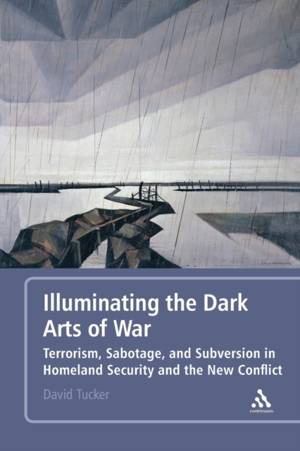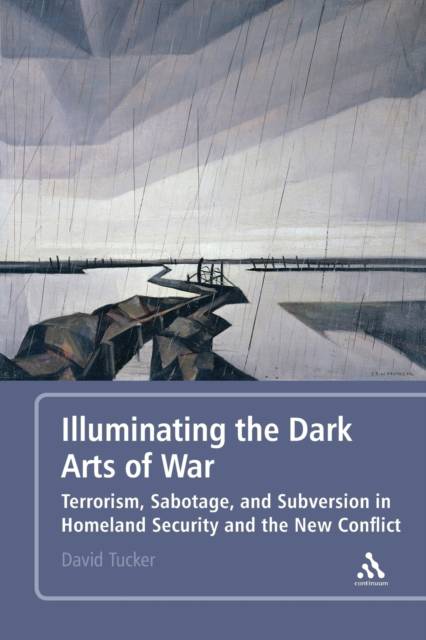
- Retrait gratuit dans votre magasin Club
- 7.000.000 titres dans notre catalogue
- Payer en toute sécurité
- Toujours un magasin près de chez vous
- Retrait gratuit dans votre magasin Club
- 7.000.0000 titres dans notre catalogue
- Payer en toute sécurité
- Toujours un magasin près de chez vous
Illuminating the Dark Arts of War
Terrorism, Sabotage, and Subversion in Homeland Security and the New Conflict
David TuckerDescription
Since 9/11, the dominant view is that we have entered an era of 'new conflict' in which technology has empowered non-state actors who now pose unprecedented and unmanageable threats to U.S. national security.
This unique work studies a range of threats, from homegrown and foreign terrorism to the possibility of cyber- or Chinese sabotage and fears of religious subversion to challenge every aspects of this 'new conflict' argument and expose its underlying exaggerations and misunderstandings. Examining such issues as political violence, the role of religion in terrorism, the impact of technology, and the political aspects of homeland security, this unique survey demonstrates how such activities as terrorism are limited by their clandestine nature. It also addresses why we need to switch our strategic focus and increase the role citizens have in dealing with such threats.
This historically informed and critical analysis fills a void in the debates on the threats and conflicts that the U.S. confronts at home and abroad and will appeal to anyone interested in national security and terrorism.
Spécifications
Parties prenantes
- Auteur(s) :
- Editeur:
Contenu
- Nombre de pages :
- 280
- Langue:
- Anglais
Caractéristiques
- EAN:
- 9781441170699
- Date de parution :
- 01-03-12
- Format:
- Livre broché
- Format numérique:
- Trade paperback (VS)
- Dimensions :
- 150 mm x 226 mm
- Poids :
- 439 g

Les avis
Nous publions uniquement les avis qui respectent les conditions requises. Consultez nos conditions pour les avis.






